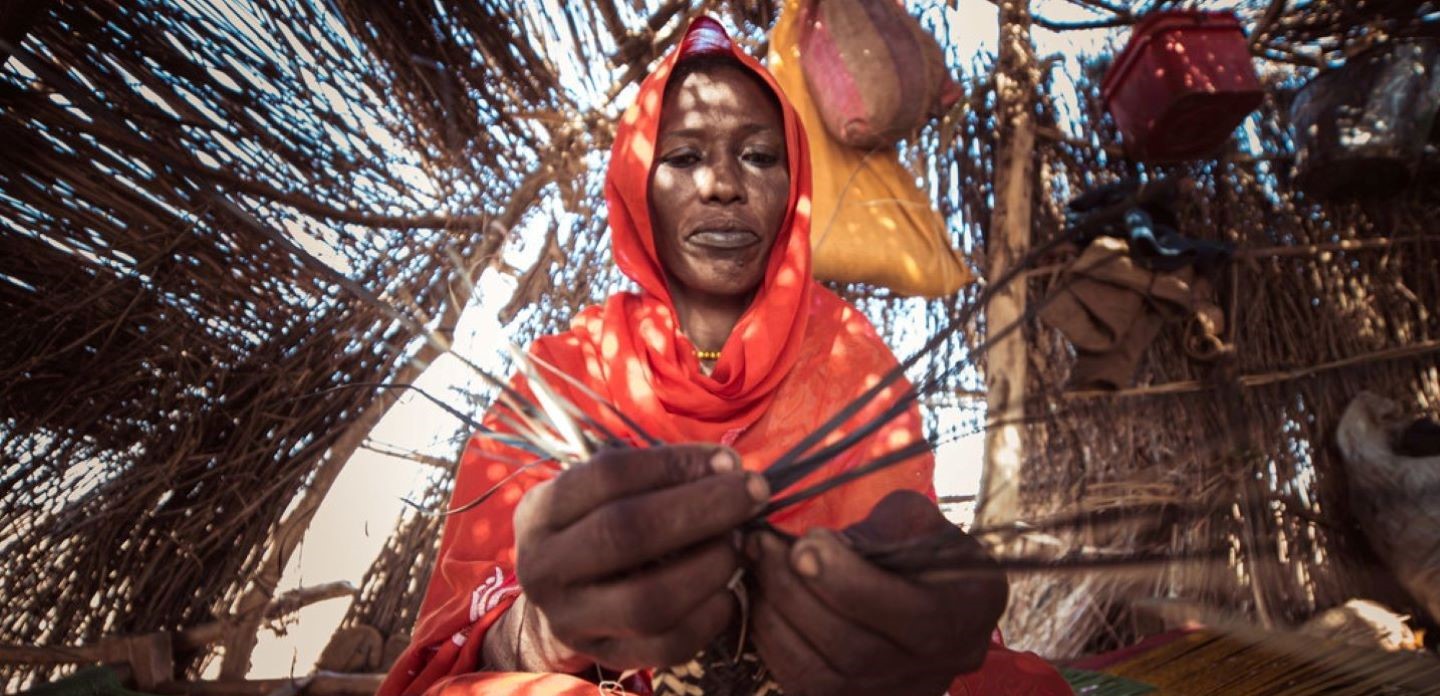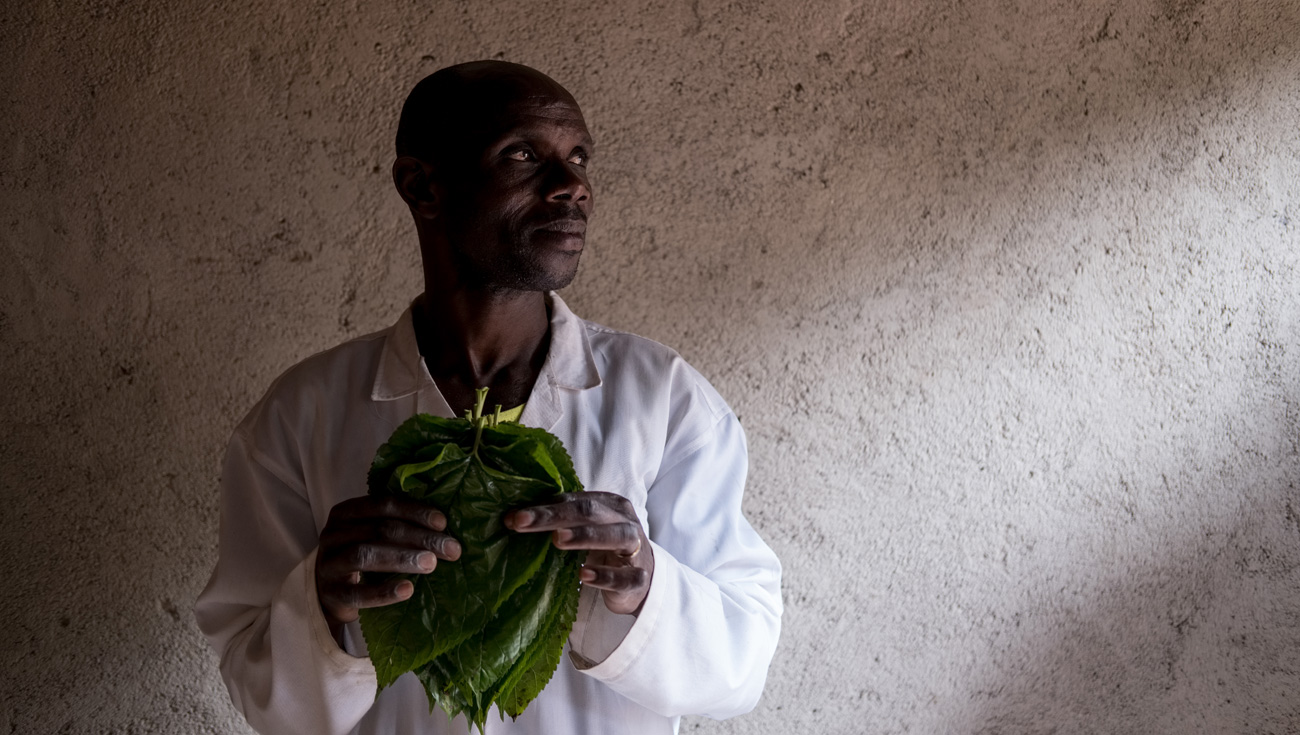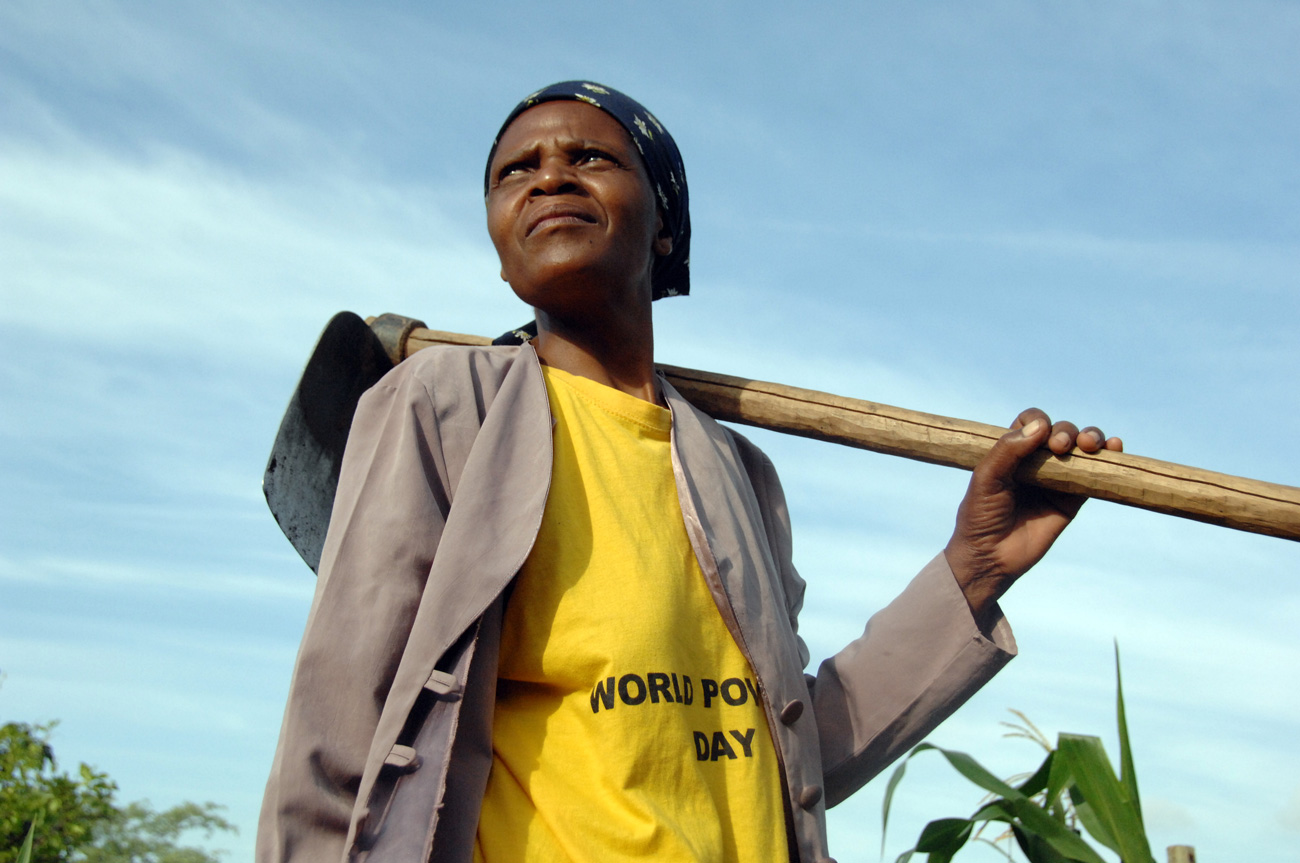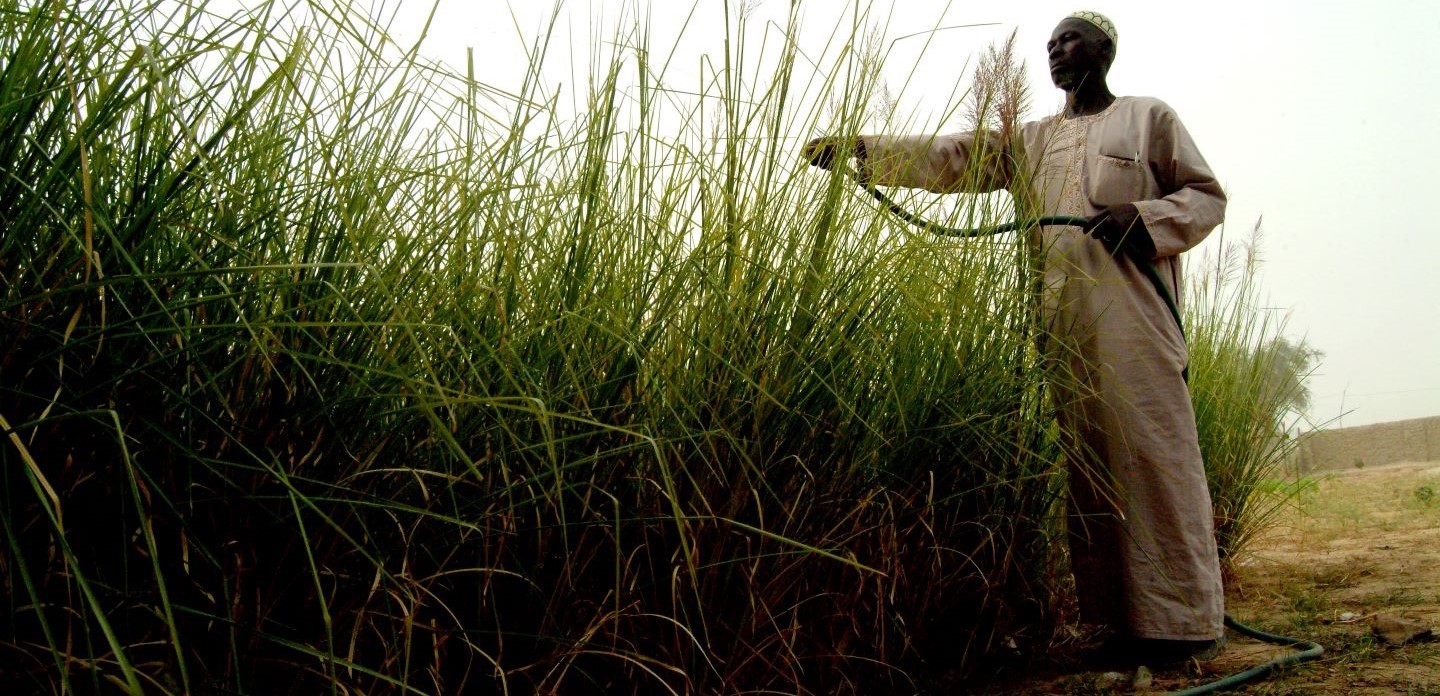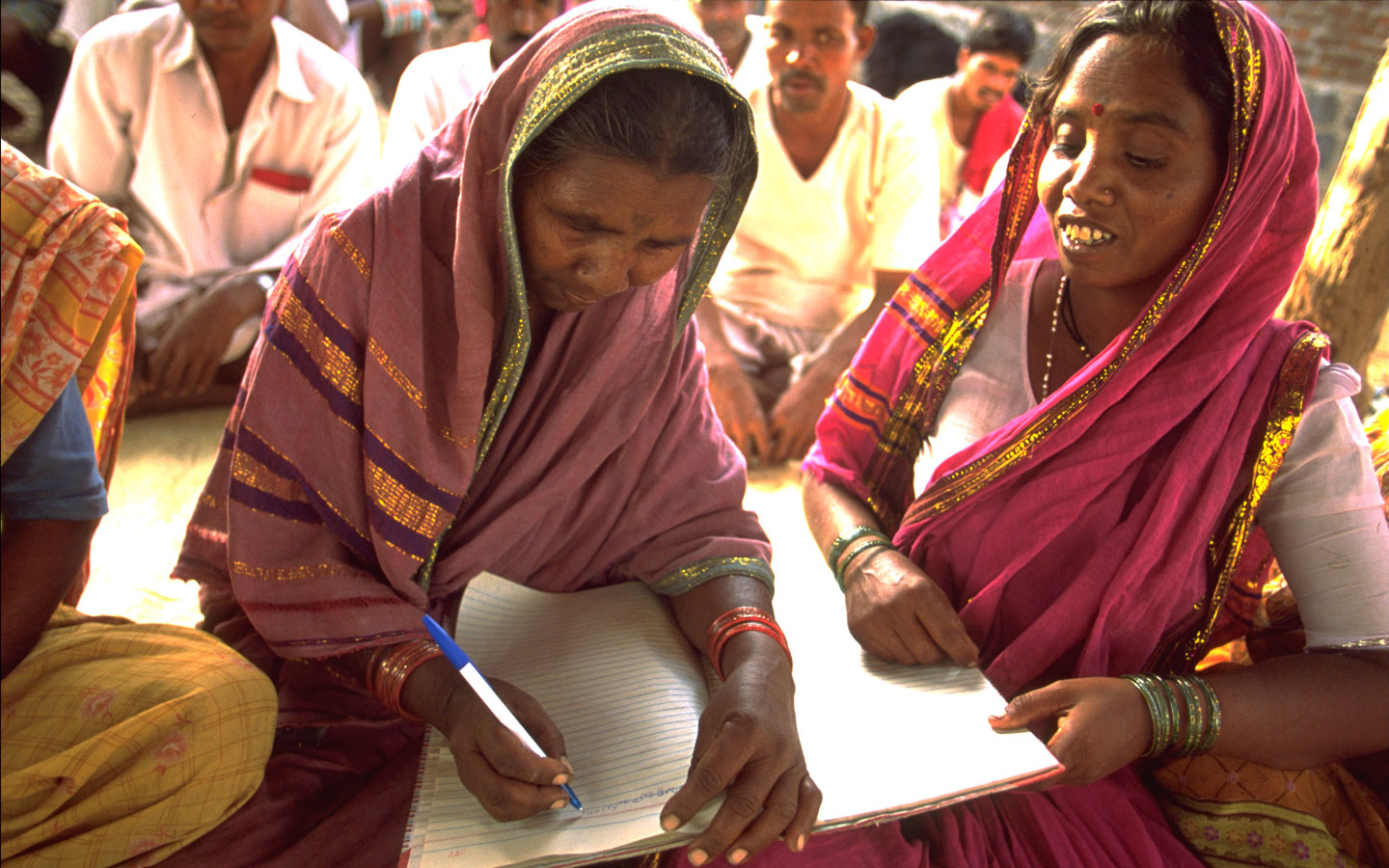Latest
Latest

Latest
Manual Submenu Topics
Search Results Filters
Search Results
From subsistence to self-sufficiency: how women in Sudan are using savings and credit groups to build a better future
Climate change, commercial agribusiness, and societal norms threaten small-scale farmers’ way of life in a small village in Sudan. A women’s savings and credit group is changing this.
Grant-based development interventions are worth it. But how – and when?
Conventional wisdom has long held that giving grants to small-scale farmers produces temporary gains at best. But recently, our research into a grants-based intervention employed by PRICE, an IFAD-funded initiative in Rwanda, found benefits that have lasted for five years and counting.
As COP15 tackles desertification, here are three ways IFAD is helping farmers in sub-Saharan Africa build their resilience to climate change
Sub-Saharan Africa’s drylands – that is, the areas where more water is lost through evaporation than gained through rainfall – are facing widespread degradation. There are many factors causing this, but one of the most prominent is the use of agricultural practices that aren’t adapted to the land, such as overgrazing and intensive agriculture.
These numbers show that restoring drylands and preventing desertification is good for the planet – and good for us
From California to the Sahel, from the steppes of Central Asia to the Andes, drylands are some of the most productive ecosystems in the world. But they’re also some of the most fragile.
Tapping public policies and programmes to boost IFAD’s impact
In many countries, we have the opportunity to partner with public policies and programmes to deliver the services our project participants need. Although effective inter-institutional coordination is never simple, it is doable – and entirely worth the effort.
